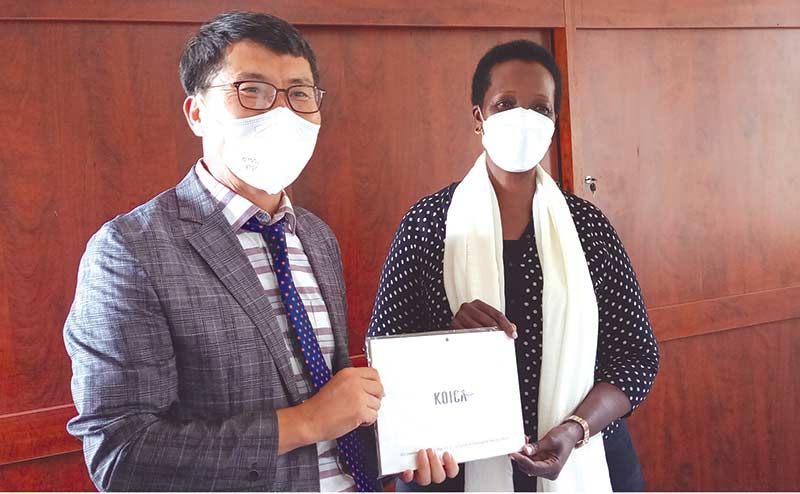

Mr. Taeyoung Kim, the Country Director of KOICA handed over a gift to UNRA E.D Mrs. Kagina
By the year 2070; the vast majority of Ugandans (more than 80 percent), will be able to access an express road in at least 30 minutes or 30 Kilometres, if all goes to plan, according to the recently released Expressway Development Master Plan by the Uganda National Roads Authority (UNRA).
The grand vision of creating a network of expressways that spreads across the whole country in a grid fashion, is embedded in the master plan that promises to transform Uganda from a land-locked country to a land-linked country that is connected to other African countries through a network of roads that promotes trade, tourism and other social-economic ties.
Following completion of the development of the master plan, a preliminary study was conducted, which established gaps such as lack of standard guidelines for the planning, construction, maintenance of expressways, including some of the critical sections such as bridges.
Eng. Edward Byaruhanga, the Manager Transport Planning at UNRA, observed for example that the absence of manuals and expertise on expressway development and operation, renders Uganda perpetually dependent on the foreign companies that either build the projects, or those that are hired to manage them.
Uganda’s dilemma in this field was further illustrated by the fact that the country had to hire a French company – Egis, to be in charge of the tolling and maintenance works for the Kampala-Entebbe expressway.
“If you do not localize the planning and implementation of these mega projects, maintaining these expressways will always require dependence on foreigners,” observed Eng. Byaruhanga.
It was against this background that the government of the Republic of Korea, offered to support capacity strengthening of UNRA engineers and other staff, to be able to develop their own manuals as the basic foundations for building and maintaining the highly complex infrastructures.
The Republic of Korea made a generous grant offer worth US$7.5million to enable UNRA develop the manuals for three major stages of expressway development. These are Planning, Maintenance and Operation as well as a Bridge Management Information (BMI) System.
The project also comprises a component of capacity strengthening, under which some 2000 Ugandan officials, mostly UNRA engineers and other experts are expected to acquire the know-how in various fields of expressway management.
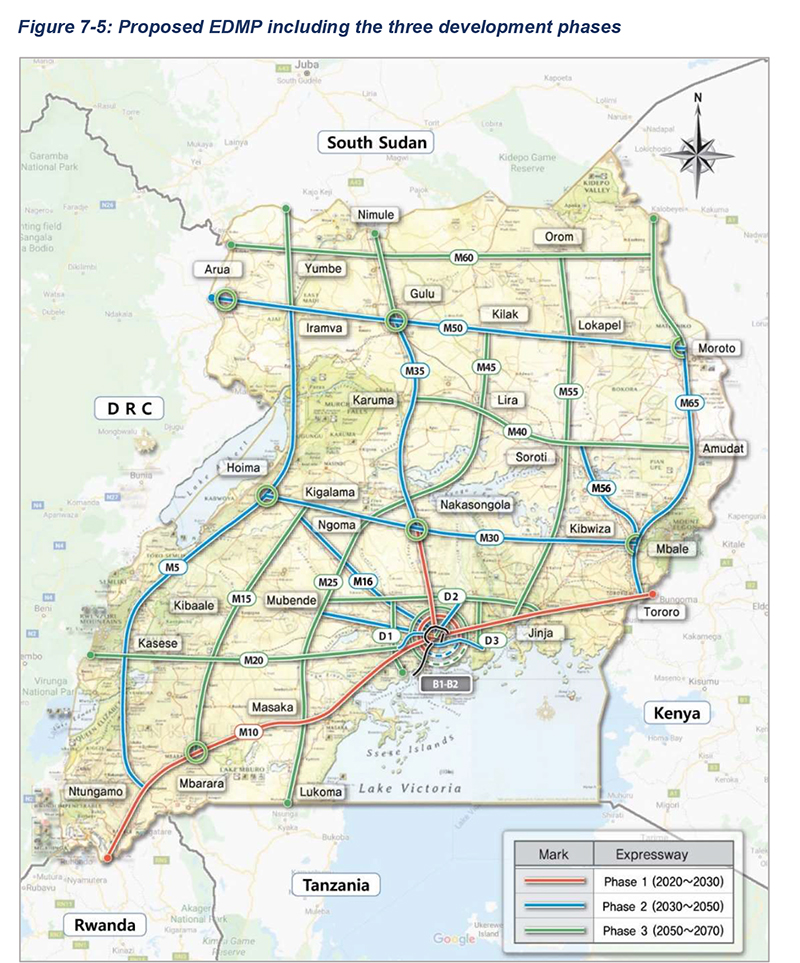
Uganda is expected to have an expressway road network covering a total distance of more than 5600km by 2070
The four-year project (2022 to 2025) dubbed; Project for Establishment of Integration Manual and Main Facility Management System for Expressways in Uganda” comes as a timely intervention for Uganda that is in the initial stages of expressway development.
Korean team jets in
To kick-start her interventions into the area of capacity strengthening for expressway development and management in Uganda, the Government of the Republic of Korea dispatched a team of experts into the country last week of April, 2022, to confirm findings of an earlier preliminary findings.
The team met with the top leadership of UNRA to exchange notes on what the four-year project intends to achieve, and how it will be coordinated.
At one such meeting, the UNRA Executive Director Ms. Allen Kagina, spoke of the uniqueness of the project by KOICA in as far as positioning Uganda as a vital spoke in the vast East African transport hub.
Given her leadership position, Kagina said she regularly meets with counterparts from across the East African Community to harmonize planning and execution of infrastructure projects as a way of bringing about coordinated development in the East African region.
She praised the Korean assistance towards supporting Uganda’s ambition to develop expressways, as a vital intervention that will help Uganda keep up with the pace of infrastructure developments in the region.
She said: “The responsibility to make this a success is heavy on us. Otherwise, the economic development potential of Uganda that we’re talking about, cannot be realized unless our neighbours are on board.”
She pointed out that Kenya has already completed a feasibility study for the construction of an expressway from Nairobi to Kisumu and plans to extend the same to Malaba – the border post between Uganda and Kenya. Uganda also plans to do the same connecting Rwanda, the Democratic Republic of Congo (DRC) and Burundi to Kenya’s expressway system.
“Our plans are now carried out with our neighbours in mind. We don’t want to meet choke points if some countries have different systems,” said Kagina, while alluding to the importance of coordinated development of expressways.
A done deal!
Prof. Chunho Yeom, who led the Korean team of experts on the feasibility tour, expressed confidence that the anticipated capacity building project will greatly contribute to solving some of the key binding constraints to the development of expressways in Uganda.
“Although the final conclusion is yet to be made, our findings confirm the original concept (on the need to develop manuals for the planning, construction, operation and maintenance of expressways) is valid and I am confident that the project will go ahead,” said Prof. Yeom.
Prof. Yeom underlined the importance of manuals as a critical foundation step upon which expressways are planned, built, operated and maintained.
“When you think of expressways, you start by thinking about plans. Manuals are the starting point of expressway development. Once you have your own manual, you can revise it to suit the changes in circumstances.”
Prof. Yeom also pointed to Korea’s experience of inadequate resources back in the 1960s, as a source of comfort that Uganda can also succeed.
“We adopted an exclusively toll-expressway system back in the 60s because we were not a rich country. Our government thought toll roads were a good way to ease the expenditure burden for infrastructure on taxpayers,” recalls Prof. Yeom
Brief interactions with UNRA’s top officials revealed a high level of confidence, trust and goodwill between Uganda’s roads engineers towards the Koreans.
UNRA’s Director of Network Planning and Engineering Eng. Isaac Wani, while speaking to this reporter at the end of a meeting with Korean experts said: “Our experience working with South Korean firms is that they are very open to transfer of technology. In every project that we have worked with them, there is a component of capacity building. And this component is in three phrases. One of them is to train us on the theory in the country; the next is to take us to South Korea to learn about the high-tech facilities and engineering software. The third aspect is on-the job training. So they are open and they give us each and everything that we need to know about the project for sustainability for the local people to carry on.
Eng. Wani added: “I think in terms of capacity building, the design of those systems is very robust and it provides for closing the knowledge gap that ensures continuity when the experts leave. The intention is to create local expertise to carry through the systems and the technology that will be developed.”
On their part, Korean officials expressed a high level of confidence that Uganda can leapfrog her development by learning from their own transformation story, while also take advantage of advanced knowledge that they are willing to share.
“At KOICA, we fully acknowledge the important role of expressway in accelerating the implementation of NDP III and Vision 2040. This idea stands as the basis of this project, and I am very excited to see how our interventions will have strengthened the national expressway system in the future. I sincerely hope that this project will contribute to the industrial as well as regional development of this country, and wish that our continuous cooperation will lead to a stronger partnership between Uganda and Korea” said Mr. Taeyoung Kim, the Uganda Country Director of Korea International Cooperation Agency (KOICA), the grant project’s donor agency.
For now, Ugandan experts have demonstrated willingness to maximize the potential benefits that are associated with Korea’s gesture of goodwill.
This project is expected to further strengthen bilateral ties between Uganda and the Republic of Korea, who are already collaborating on other areas including health, education, rural development and aviation, among others.
Editor’s Note: In our next edition, we shall explore the History of Korea’s Outstanding Expressway Development.

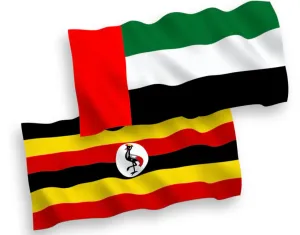
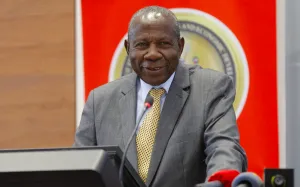
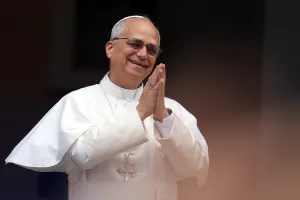
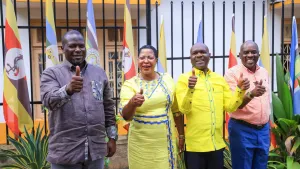
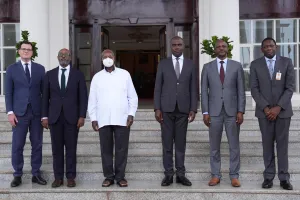





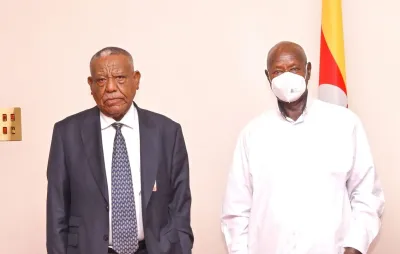
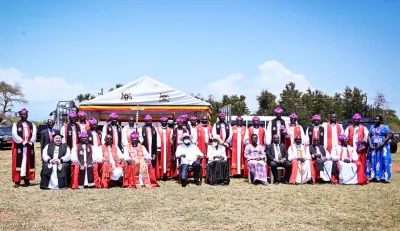
Henry Lutaaya
Leave a Comment
Your email address will not be published.